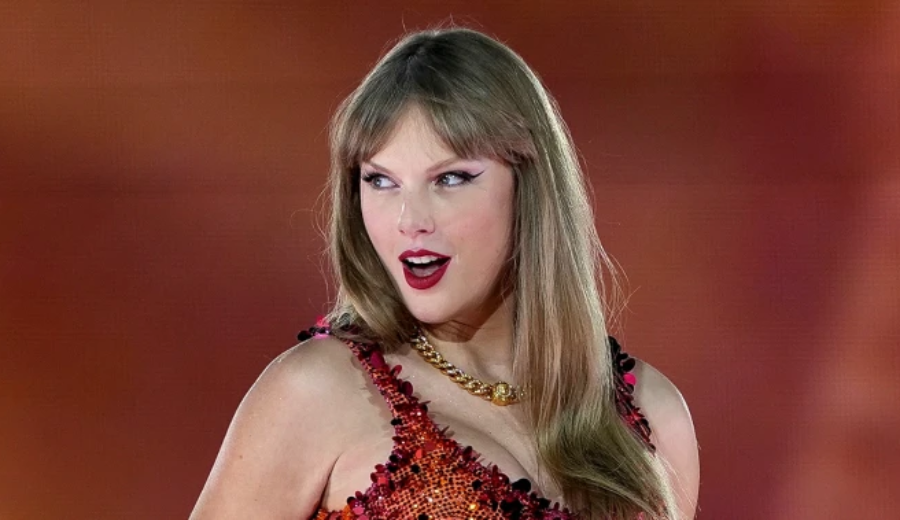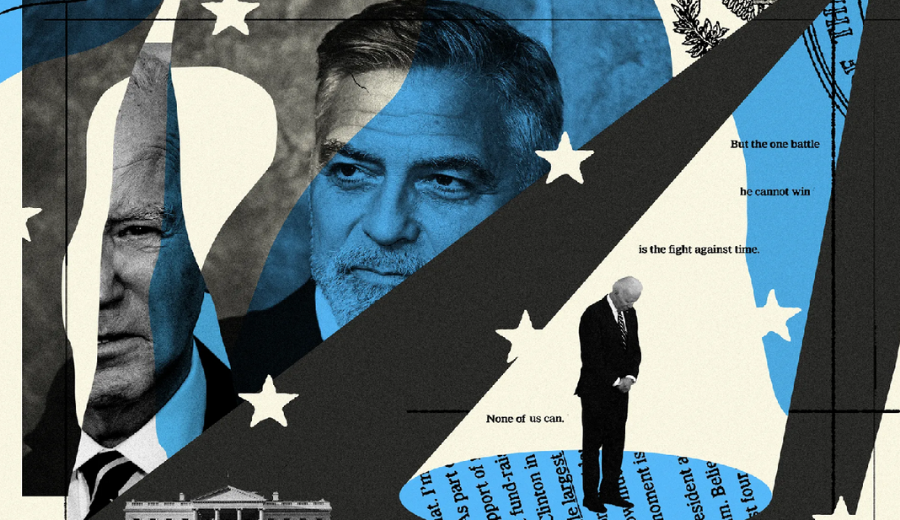The 2020 U.S. presidential election was shaped by a complex interplay of choices, consequences, and unforeseen circumstances. While often viewed through the lens of campaign strategies, policies, and voter behavior, a deeper analysis reveals how certain decisions by Joe Biden may have inadvertently set the stage for Donald Trump’s return to the White House.
The Context of the 2020 Election
Joe Biden entered the presidential race amid a global pandemic, economic uncertainty, and a nation deeply divided. His campaign centered on unifying the country, undoing some of the Trump administration’s policies, and navigating a tumultuous political landscape. Yet, as the election approached, several key decisions and moments arguably contributed to the outcome that favored Trump’s reelection.
The Impact of Campaign Strategy and Messaging
Biden’s focus on appealing to a broad coalition of voters sometimes resulted in a cautious stance that failed to energize the Democratic base fully. For instance, his emphasis on moderation was perceived as lukewarm by progressives and young voters who sought radical change in response to systemic issues. This may have led to lower turnout among some Democratic strongholds, easing Trump’s path to re-election.
The Handling of the COVID-19 Crisis
The pandemic response played a critical role. Critics argue that Biden’s campaign missed opportunities to sharply differentiate itself from Trump’s handling of COVID-19, which was widely criticized for its inconsistencies and delays. The chorus of public frustration over pandemic management translated into voter doubts about leadership — doubts that Trump capitalized on by emphasizing “law and order” and economic reopening.
The Democratic Primary and Candidate Selection
Some analysts believe that Biden’s selection as Democratic nominee, while pragmatic, may have eroded enthusiasm among core progressive voters who preferred more progressive candidates like Bernie Sanders. This divide might have contributed to lower voter engagement and less motivation to turn out in critical swing states.
The Post-Election Failures and Division
Following Biden’s electoral victory, his refusal to firmly challenge Trump’s claims of election fraud and the chaotic aftermath of the Capitol riot in January 2021 also played roles in shaping public perception. Trump’s narrative of election stolen gained traction partly because of perceived insufficient resistance from Democratic leaders.
Reflection: Could Different Choices Have Made a Difference?
While the outcome was influenced by numerous factors beyond any single decision, a critical reflection indicates that some choices made by Biden’s camp—whether strategic messaging, COVID-19 handling, or electoral positioning—may have subtly handed an advantage back to Trump. Recognizing these missteps offers lessons for future elections on the importance of galvanizing diverse voter bases, decisive leadership, and clear messaging during crises.
Final Notes
Elections are complex, often shaped by a combination of strategic decisions and unpredictable events. Understanding these nuances provides valuable insights into the dynamics of American political shifts, especially when incumbents seek to retain power amid turbulent times.
It was like watching someone who was not alive
How Joe Biden Handed the Presidency to Donald Trump
Original Sin: President Biden’s Decline, Its Cover-up, and His Disastrous Choice to Run Again
















